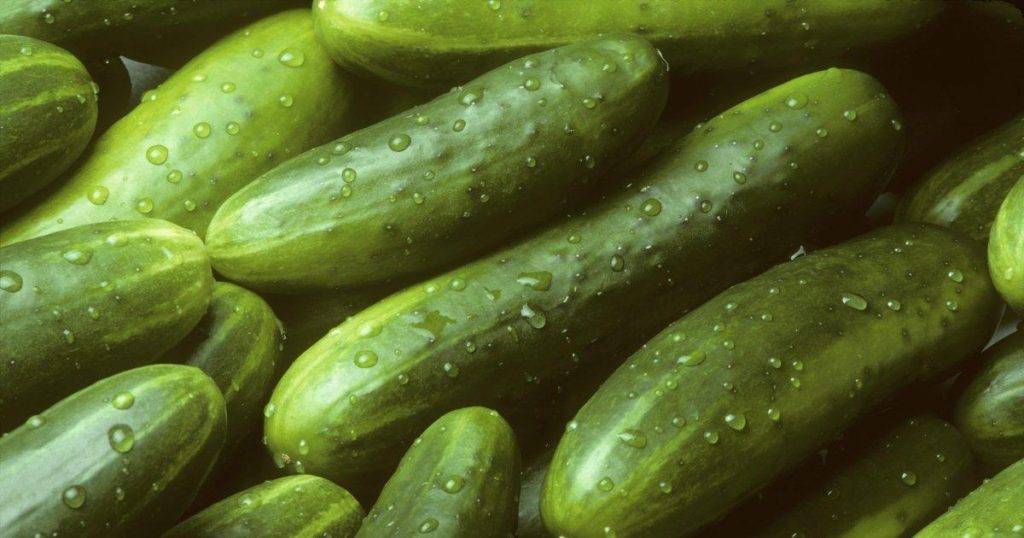Google’s machine learning platform might be a few years from solving any of the world’s major problems, but for one farming family in Japan, the TensorFlow platform has already reduced the amount of time spent sorting cucumbers into standards.
Makoto Koike, a former embedded systems designer, implemented the TensorFlow platform into his family’s cucumber farm.
See Also: Are big data analytics more important than the cloud?
The goal was reducing the amount of time his parents spend sorting cucumbers, which can reach eight hours per day at peak harvest.
Koike crafted an Arduino powered conveyer belt and connected it to a Raspberry Pi 3 processor. Webcams hanging above the belt take low resolution photos of the cucumbers, which are sent to the cloud and assigned a standard. Once assigned, the belt pushes the cucumber into the right box for shipping.
Before activating the platform, Koike spent three months taking 7,000 photos of cucumbers, to teach the TensorFlow platform to assign different standards for shape and size. Koike doesn’t think that was enough for the AI platform:
“When I did a validation with the test images, the recognition accuracy exceeded 95 percent, but if you apply the system with real use cases, the accuracy drops down to about 70 percent. I suspect the neural network model has the issue of “overfitting” (the phenomenon in neural network where the model is trained to fit only to the small training dataset) because of the insufficient number of training images.”
But how good are those cucumbers?
The low resolution also makes the platform unable to recognize color, texture, scratches, and prickling, which might mean low value cucumbers are being sent to suppliers. But upgrading the resolution would mean months if not years spent assigning standards to cucumbers.
Koike hopes that Google machine learning (ML) servers will be a saving grace, improving the performance of TensorFlow while reducing the upload time for photos and video. That could improve accuracy and allow the platform to remove damaged goods.
It might not be the revolutionary change some AI fans want, but it shows the future possibilities of AI for farmers on a budget. Koike spent less than $1000 on hardware, and in the near future it could save the family eight hours per day spent sorting cucumbers—a fair deal, if you ask me.

















